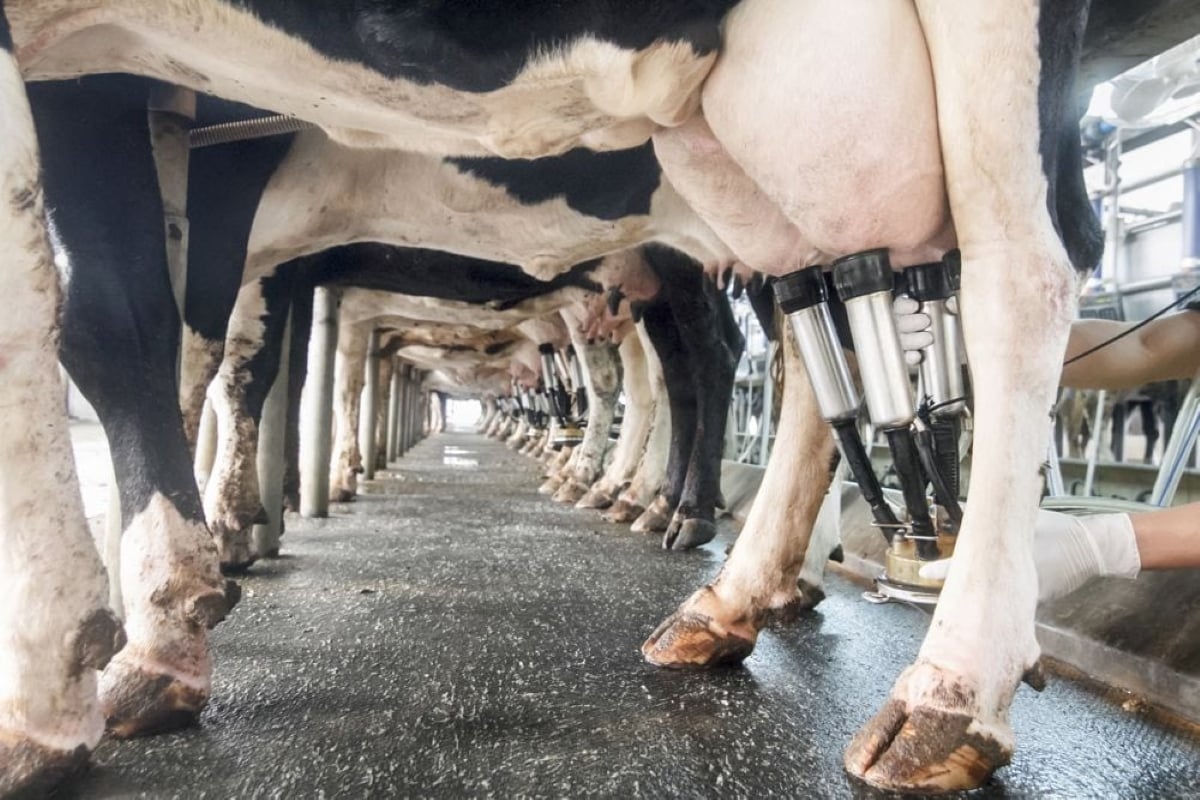PONOKA, Alta. — Canada is getting some help fighting the Americans’ anti-trade meat export legislation, from Americans.
In an Oct. 30 letter to US Congress, the COOL Reform Coalition said it is “gravely concerned” about the negative impact that the existing U.S. COOL rule for meat will have on the entire US economy.
Tired of the United States ignoring the World Trade Organization rulings that the U.S. violated its trade obligations with Canada and Mexico, the Canadian government has drawn up a preliminary retaliatory list that targets a wide range of products that will affect every state.
Read Also

Farm gate milk price to rise in 2026
The Canadian Dairy Commission will raise its farm gate milk price by 2.3255 per cent in February, the Crown corporation announced on Friday.
“It is expected that U.S. industries would suffer billions in lost sales if retaliation is allowed,” wrote the 109 coalition members from a diverse group of associations and companies that represent U.S. food, agriculture and manufacturing industries.
Tariffs from Canada and Mexico could total more than $2 billion, said Canadian Cattlemen’s Association president Dave Solverson.
Having the coalition oppose the COOL legislation is a huge benefit to Canada, said Solverson.
“It will definitely help,” said Solverson of Camrose.
Except for a handful of American protectionist organizations, like R-CALF, most U.S. meat organizations are opposed to COOL legislation. The latest coalition, worried about tariff retaliation, will help the American meat organizations be heard in Congress.
“A lot of the organizations represent a huge amount of people: the U.S. Chamber of Commerce, wine growers. Everyone is afraid of retaliatory tariffs,” said Solverson.
The U.S. can appeal the latest decision, but if it loses could subject the U.S. to a range of retaliatory tariffs from Canada.
“A finding of non-compliance would surely result in serious economic harm to U.S. firms and farmers that export to our neighbours,” they wrote.
The coalition’s website shows state-by-state, the potential impact of the retaliatory tariffs.
Texas would have the biggest impact with a potential $9.2 billion worth of exports that targets beef, prepared food, machine parts and spirits.
California could suffer $1.8 billion of economic impact. Canada has targeted wine, bread, jewelry, pasta, cherries, soups, biofuels, milk powder and steel from that state.
Michigan could have a $3.2 billion economic impact. Beef, chicken, car parts and corn are targets in that state.
The list was created to ensure the economic impact will hit all U.S. states. Canada has targeted everything from video game consuls to tires, car parts, engines, mattresses and alcohol.
On Oct. 20, the WTO compliance panel determined that the U.S. has violated its obligations with Canada and Mexico.
The COOL Reform Coalition is encouraging the government to comply with its international trade obligation.
Canadian cattle industry estimates its losses from COOL are $639 million a year. The Canadian hog industry estimates COOL costs its $500 million per year.













